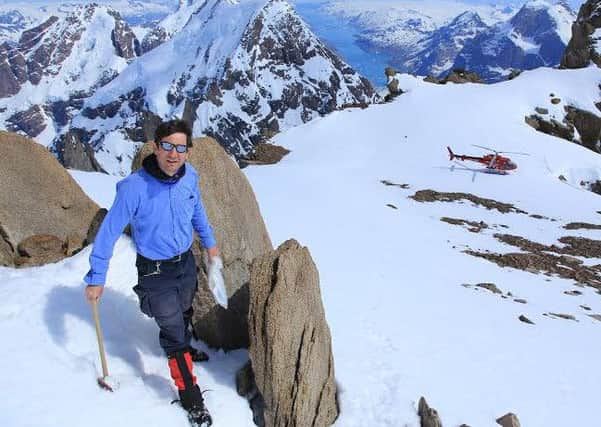St Andrews research team hunt rare minerals for gadgets production


The team from University of St Andrews will set out to locate the rare earths and phosphates used in almost every modern device, from mobile phones to MRI scanners.
Less than three per cent of the supply of critical raw materials is currently sourced directly from Europe.
Advertisement
Hide AdAdvertisement
Hide AdHowever, experts believe that there is a wealth of as-yet-unexplored deposits located across the continent, which could be successfully mined.
Dr Adrian Finch, of the Department of Earth & Environmental Sciences at the University of St Andrews, said: “I am very excited to be working alongside some of the other world experts on finding and understanding natural critical resources in Europe.
“St Andrews has a long and distinguished tradition in mineralogy, the geology and resources and the geology of the Arctic, all of which are coming together in this project.”
The St Andrews team has been allocated £290,000 of a total of £4.2m granted by the European Union’s Horizon 2020 research and innovation programme for the work.
The project will use mineralogy, petrology and geophysics techniques to create advanced exploration models to determine where the valuable minerals can be found.
The four-year project, which begins this month involves 12 partners, including five universities, staff from two national geological surveys and the Natural History Museum, London.
Four industry partners will also offer their world-leading expertise and transfer their expertise from Africa to Europe for the project.
The team held its first meeting at the Natural History Museum in London this week.
